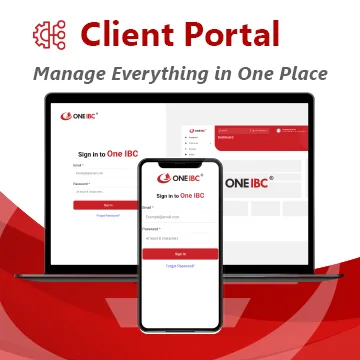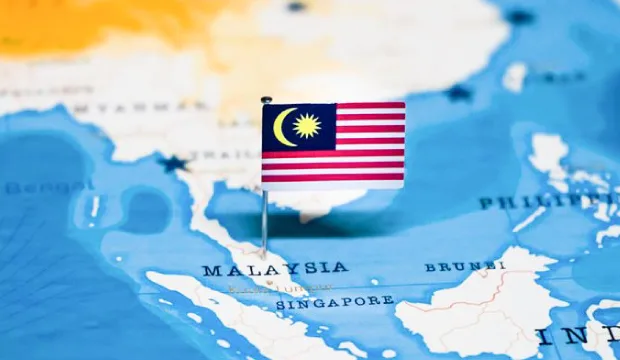1. The economic and political stability of the offshore jurisdiction
Considering the current volatility of the global economy and political instability, it is logical to protect your assets in a jurisdiction that promises better security than your home country. Browsing through the internet, you will definitely come across arduous and lengthy lists of tax-haven countries to take into consideration before racking your brain for any banking solution and protection of your wealth. Fear not, with our expertise on regulations and customer protection of offshore bank accounts in many different jurisdictions, we are here to provide solutions that meet your expectations.
2. The bank’s reputation
With a long list of offshore banks globally, which criteria should you take into account? It may seem common sense that banks with easier customer-acceptance policies may be considered as higher risks, with lower quality services than banks with strict policies. Another common belief is that international large-scale corporate banks are more reputable and safe havens for your wealth and the confidentiality of personal information. However, the wise thing to do is to question the following.
- Is the bank financially sound?
- How will the bank manage my funds?
- What kind of products/services are offered by the bank?
- Has the bank incorporated a secure AML policy, fully compliant with IRS and such?
Answering such questions will lead you to choose a suitable and secure bank for your business, based on well-informed decisions.
3. Regulation and consumer protection
The consistency of customer protection is one of the most important factors that you should seriously pay attention to. Good customer protection will be able to cover your deposited wealth in the event that a bank goes bankrupt. Double-check the protection offered by your targeted bank and its jurisdiction before you choose it for the home of your new offshore bank account.
4. Which account types suit you
You need to decide whether the banks have diverse services for business accounts. Contemplate carefully whether your company really needs a multi-currency account, whether you can sustain a sufficient balance to benefit from their premier account type, or if your business account would be compatible with many payment-service providers.
5. Small print and the terms and conditions
Last but not least, you need to be assured that you understand and accept the terms and conditions of your bank account before signing on the dotted line. This will give you an holistic and clear understanding about your offshore bank account, such as an account holder’s responsibilities or minimum relationship with the bank. This may be, for example, in the form of savings, investments, mortgages and/or current-account balances. There may be interesting offers such as short-term deposits and benefits from certain features such as travel insurance or emergency evacuation cover etc. Furthermore, you need to be clear about monthly fees, charges related to transferring money internationally or between currencies, and any charges you may incur if you become overdrawn or use an international ATM.











 Processing...
Processing...